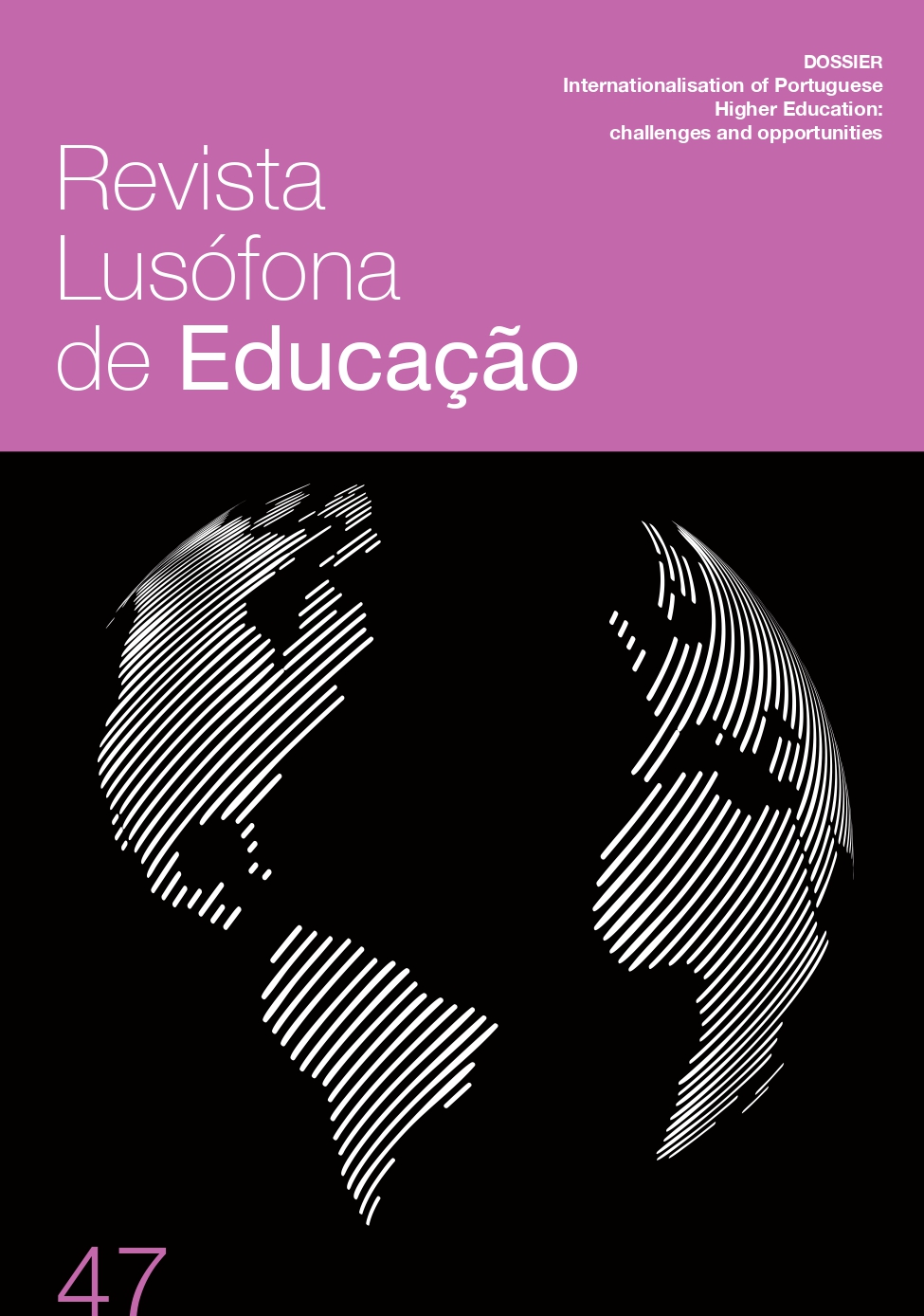Representations of internationalisation at a Portuguese Higher Education Institution: From institutional discourse to stakeholders’ voices
Resumen
Internationalisation has become a major concern of higher education institutions around the world, featuring as a goal in their mission statements and agendas. Yet, the ways it is perceived and addressed vary greatly. In some cases, internationalization is viewed as a service to export, whilst in other cases, the focus falls on the acquisition and development of graduates’ global and intercultural competences. This paper reports on a study that aimed to understand how internationalization is perceived at a Portuguese Higher Education Institution. To achieve this goal institutional policy documents were collected, and semi-structured interviews were conducted with members of governing and coordinating bodies, as well as with academic and non-academic staff. Results from the thematic analysis suggest that internationalization is seen as a priority at the highest strategic level, being associated with a set of activities (student mobility, international research projects, and English-medium instruction) and with a set of desired outcomes (increased revenues and institutional visibility). Moreover, stakeholders consider internationalisation a valuable asset for the development of students’ skills, expressing positive attitudes towards such initiatives as “internationalisation at home”. Based on these findings, recommendations for a more comprehensive and sustainable internationalisation approach applicable to other contexts are put forward.
Keywords: internationalisation; Portuguese higher education; social representations
Descargas
-
Los autores y las autoras conservan los derechos de autor, sin ningún tipo de remuneración, y conceden a la revista el derecho de primera publicación. La obra se publica simultáneamente bajo la Licencia Creative Commons Atribución 4.0 Internacional (CC BY 4.0), que permite a otros compartir (copiar y redistribuir el material en cualquier medio o formato) y adaptar (remezclar, transformar y crear a partir del material para cualquier propósito, incluso comercial), siempre que se reconozca la autoría y la publicación inicial en la RLE.
-
Los autores y las autoras están autorizados a celebrar contratos adicionales de manera separada para la distribución no exclusiva de la versión de la obra publicada en esta revista (por ejemplo, depositarla en un repositorio institucional o publicarla como capítulo de libro), siempre que se reconozca la autoría y la publicación inicial en la RLE.
-
Los autores y las autoras tienen permiso y son alentados/as a publicar y difundir su trabajo en línea (por ejemplo, en repositorios institucionales o en su página personal), ya que esto puede aumentar la visibilidad y la citación del trabajo publicado (véase El Efecto del Acceso Abierto).








